 |
| January 30, 2020 |
Dear Reader,
Research shows that eating certain fruits and vegetables can help to ward off Alzheimer's. What is it about these foods that lowers risk? A new study tries to pin down some specifics—and in doing so, shows the benefits of using a healthy diet to stay cognitively intact. In the U.S., health officials say a woman from Illinois who was infected with the new coronavirus in China has spread the virus to her husband. This marks the first known case of person-to-person transmission of the virus in the U.S. And, experts say the most severe climate predictions determined by climate studies over the years probably won't come to pass, but it means that climate scientists may need to examine the way they model Earth's atmosphere. |
| | Sunya Bhutta, Senior Editor, Audience Engagement
@sunyaaa | |
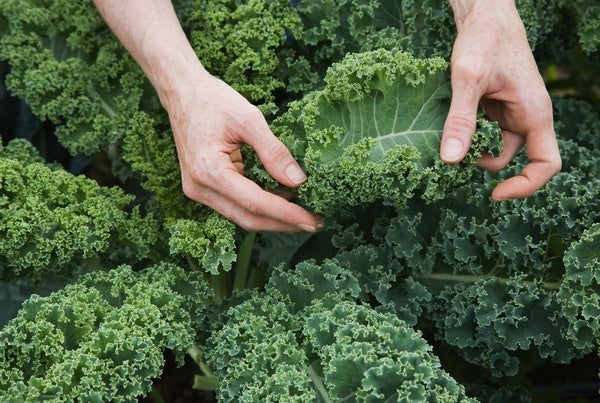 |
| |
| |
| |
| |
| |
| |
| Behavior & Society When "Reasonable" Trumps "Rational" Research shows that people sometimes ignore their own self-interest in making decisions | | By Igor Grossmann,Richard P. Eibach | | | |
| |
| |
LATEST ISSUES
 |
| |
| Questions? Comments?  | |
| Download the Scientific American App |
| |
| |









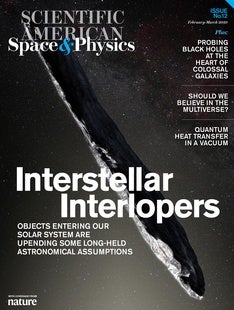

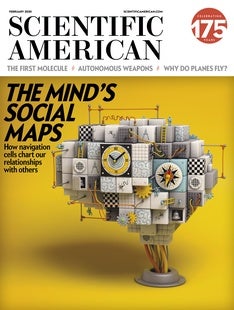
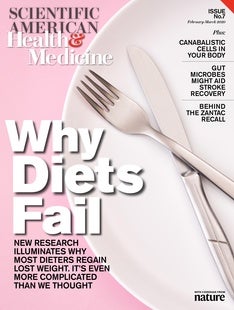
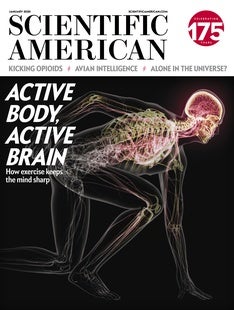



Comments
Post a Comment